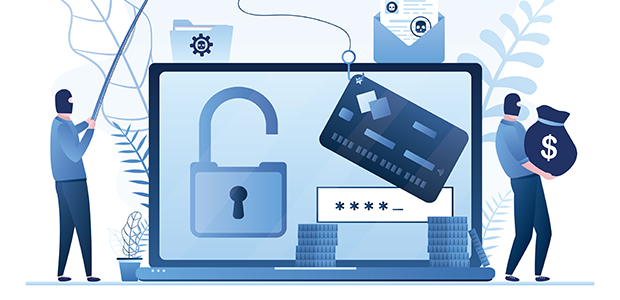
Preparing for phishing attacks this Black Friday
With Black Friday among us, phishing attacks are set to skyrocket, so here we consider why – and how – ecommerce startups should be prepared.
Customers are not the only ones who should look out for email scams on the 26th of November: research from the NCSC (the National Cyber Security Centre) shows that SMEs may especially be vulnerable of the effects of Black Friday phishing attacks.
Specifically, ‘phishing’ attacks are where online scammers attempt to trick internet users by sending fraudulent emails – particularly those that use attractive offers to lure people in. And what could be more attractive than a Black Friday deal that’s (literally) too good to be true?
But again, customers aren’t the only ones who prove vulnerable to Black Friday deals every last Friday of November. Small – particularly up-and-coming – companies frequently have a lack of cyber security integrations, owing to the lack of experience that entrepreneurs often have in digital attack preparedness. This means that online startups may be particularly affected by Black Friday phishers who scam their would-be customers.
Of course, startups and customers do not have separate interests! Far from it, in fact: it is the job of companies (both old and new) to protect their customer base with ‘What to Look Out for’ warnings against phishing attacks. And it is the job of business’s clients to listen and act accordingly – leading both parties to shop and sell safely on Black Friday.
Think of the number of times that you’ve been told by your bank something like: “We will never ask for your financial information by email.” Such communication is crucial, as it not only hammers home to customers how insecure emails can be without the proper protection, but it also reflects just how much businesses can benefit their own reputations with some sound advice.
But the problem, of course, is that we’ve all heard these warnings countless times. This is where businesses need to consider the role of habituation in consumers’ buying habits and psychology. Habituation is a psychological phenomenon, defined as the “diminishing of an innate response to a frequently repeated stimulus” – which simply means that people forget to use common sense and good habits when they’ve been told to do the same thing over and over again!
For businesses to avoid their phishing warnings becoming ‘white noise’ to their customers, it is important – especially this Black Friday – for companies to use their own branding and familiar style to communicate personally by emails, perhaps texts too, to connect in an authentic way throughout the late-November period.
After all, startups will usually have to wait a few years before their customers form a loyal following, so small businesses especially will have to work hard to become all the more familiar to their customers.
With this in mind, it is good practice for entrepreneurs to connect with everyone on their ecommerce startups’ mailing list with a ‘Letter from the CEO’ – one that sets security criteria and offers general advice on how to use the online shop safely.
Put simply, connecting personally with your customers to warn them against phishers will bolster their trust in you. And this means making their purchasing decisions all the more focused on your business – and not on the scammers pretending to be your business!
For more information on keeping ecommerce sites safe from phishing attacks, read up on Magecart – a recent hacking phenomenon where users’ online checkouts are intercepted.

